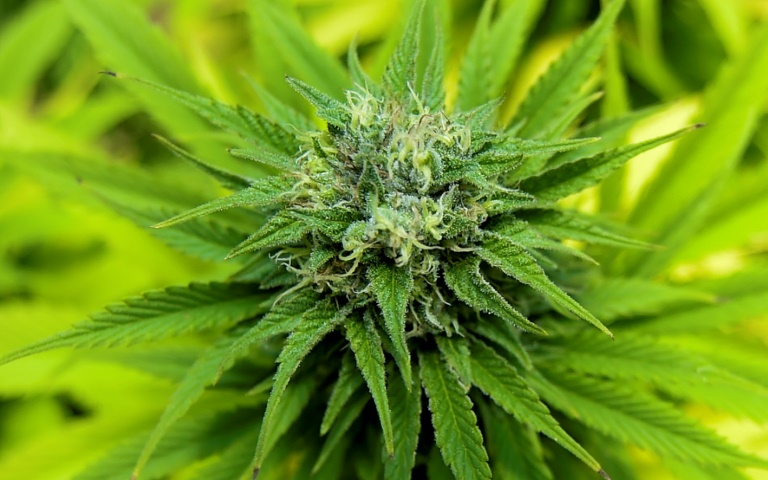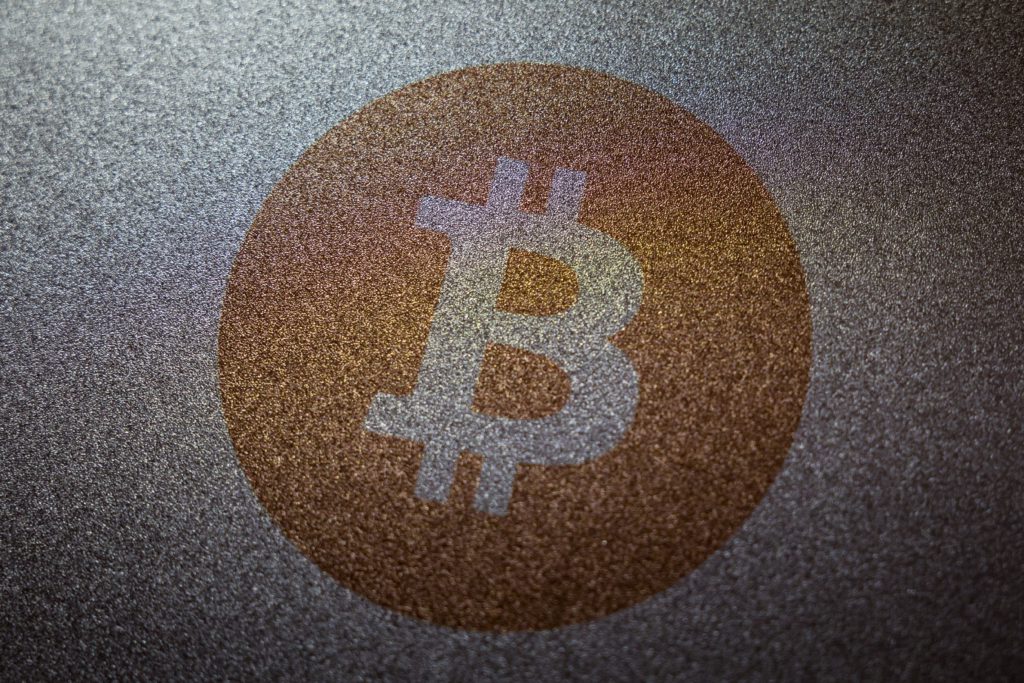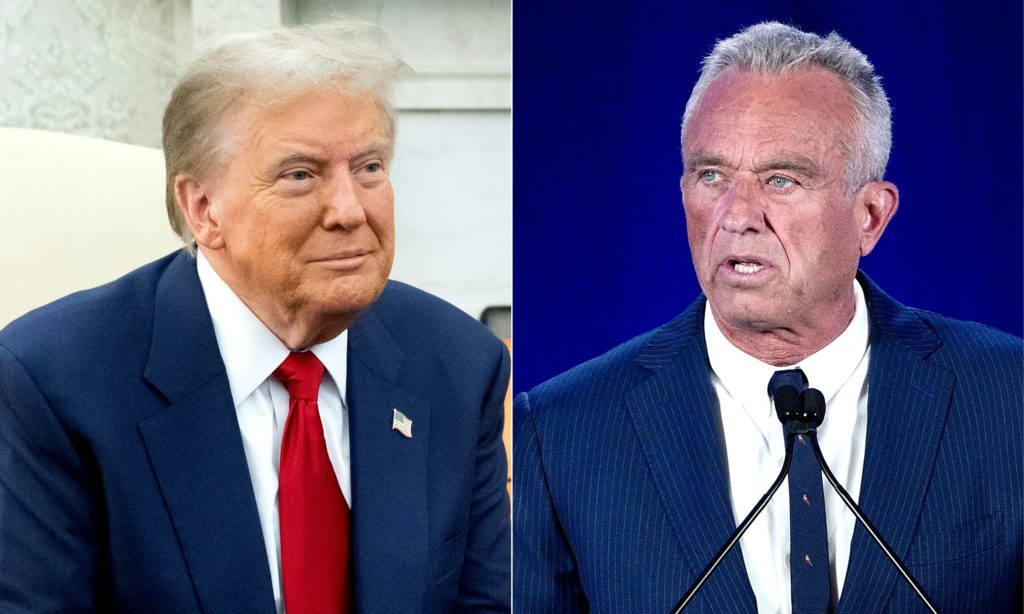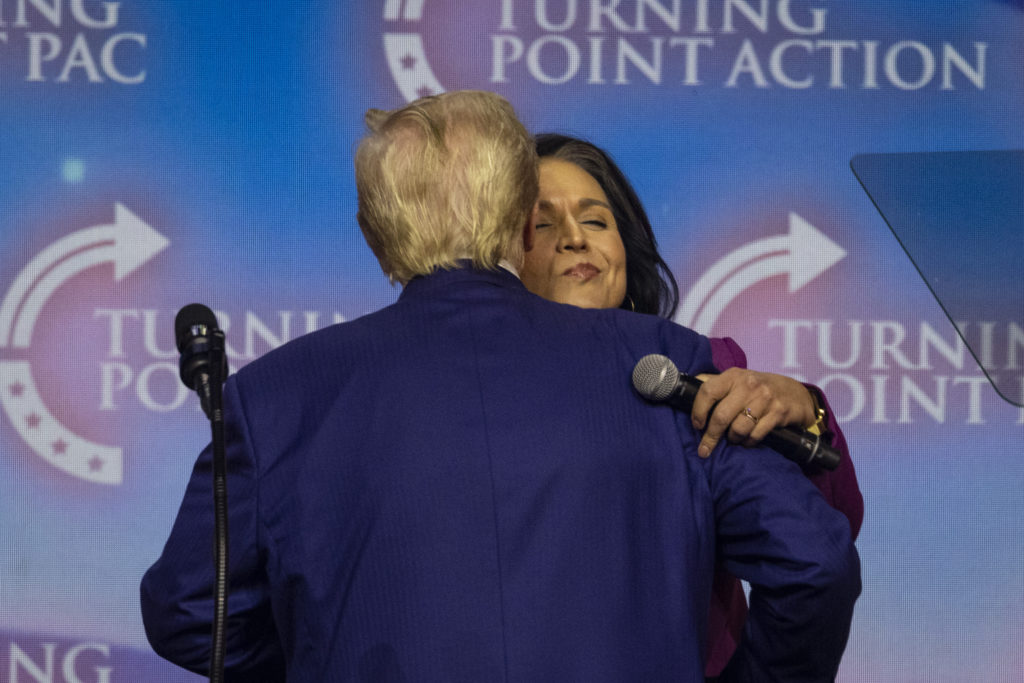US lawmakers were expected to vote Friday to decriminalize marijuana nationwide, eliminating punishments for providing or possessing the drug in a major step towards bringing federal laws in line with the states.
The Marijuana Opportunity Reinvestment and Expungement (MORE) Act would remove its categorization alongside heroin and cocaine as a dangerous controlled narcotic under federal laws mandating tough sentences.
The administration in Washington is out of line with three-quarters of states that have legalized marijuana for medical use and a third, like Colorado and Washington, that have freed it for recreational use, too.
“If states are the laboratories of democracy, it is long past time for the federal government to recognize that this experiment in legalization has been a resounding success,” House Judiciary Committee Chairman Jerry Nadler, one of the bill’s sponsors, said.
Analysts expect the bill to clear the House, but are more skeptical about its prospects in the Senate, where Democrats would need 10 Republicans to overcome a 60-vote hurdle.
Cannabis is one of the fastest-growing industries in the United States, with sales hitting $25 billion in 2021, according to influential cannabis website Leafly, and projected to reach $40.5 billion by 2025.
A report released in February by the Seattle-based company said the legalized cannabis industry provides work for more than 400,000 Americans and created some 280 new jobs a day last year.
California, the first state to legalize medical marijuana in 1996, made $1 billion in tax revenue in the first two years after expanding to full recreational use in 2018.
But it remains illegal under federal law, posing significant hurdles for businesses that find themselves barred from accessing financial services and unable to secure loans or open bank accounts.
– Huge popular support –
The MORE Act would provide loans to help small businesses “owned and controlled by socially and economically disadvantaged individuals,” the bill reads.
Many people arrested for marijuana use would see their records expunged, and those jailed on federal cannabis charges would have their sentences reviewed.
A federal tax would begin at five percent, with proceeds funding substance abuse treatment and legal counseling for the overwhelmingly Black communities harmed by the war on drugs.
The reform is hugely popular among Americans. A Pew Research poll found last year that 91 percent of adults think marijuana should be legal, either medically, recreationally or both.
But Republicans argue that decriminalization will increase use and create another layer of bureaucracy in the Treasury Department.
A similar bill passed the House in 2020 in a vote divided largely along party lines — but went nowhere in the then-Republican majority Senate.
“There is a high probability that Republicans will control the House next year. This debate will be a chance to see how many support legalization even if they object to the MORE Act,” Cowen analyst Jaret Seiberg said in a note last week reported by Bloomberg.
“This would be especially relevant if the House goes Republican but Democrats manage to keep control of the Senate. It would mean there would be a path for cannabis legislation next year.”
There are signs of increasing sympathy for liberalization even in the Senate, however, which unanimously passed a bill last week that would expand research of marijuana.
“Current rules and regulations make it hard for researchers to study how marijuana and marijuana-derived medications can best be used to treat various conditions,” said it Democratic co-sponsor Dianne Feinstein.










